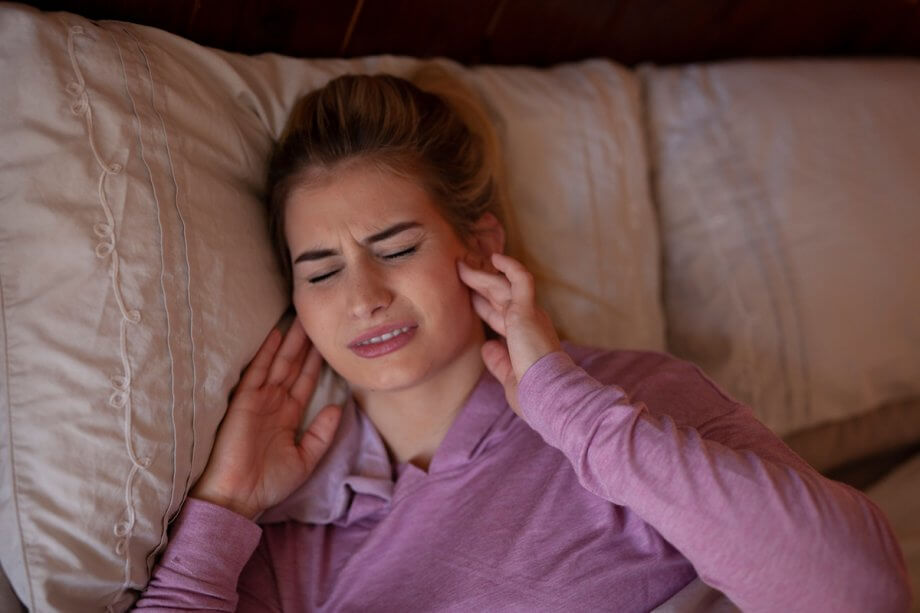Temporomandibular joint (TMJ) disorders are conditions impacting the jaw joints, and the surrounding muscles, and ligaments. TMJ conditions can cause several issues, such as jaw pain, headaches, and difficulty opening and closing your mouth.
You might hear others refer to these conditions as simply “TMJ.” But “TMJ” refers to your actual jaw joint, while “TMD” stands for temporomandibular joint dysfunction. Another name is temporomandibular joint disorder.
If you have been experiencing problems or pain with your jaw or chewing, you might be wondering if you have TMJ. The best way to find out is to schedule a visit with a dentist who treats TMJ.
How a Dentist Diagnoses TMJ Disorder
Only a doctor or dentist can diagnose TMJ disorder. They use physical exams and imaging tests to make a diagnosis. The physical exam may include:
- Health history: Has the patient had pain in their jaw or face when they open their mouth, bite, or chew? Have they heard popping or cracking when they open or close their mouth?
- Physical exam: The doctor or dentist may check for tenderness in the face, neck, head, and jaw, as well as jaw clicking or popping or difficulty moving the jaw.
- Dental exam: Checking for poor bite alignment in the jaws.
- Pressing: They may press on the face and jaw to pinpoint areas of discomfort
- Sliding: The doctor or dentist may ask the patient to slide their teeth from side to side
- Observe: The doctor may observe your range of motion when opening and closing the mouth
The doctor or dentist may also suggest obtaining imaging tests, such as X-rays, CT scans, MRI, and Doppler tests.
They will also ask about the presence, duration, and severity of any TMJ disorder symptoms, such as:
- Jaw pain
- Facial pain
- Shoulder or neck pain
- Stiff jaw
- Difficulty opening or closing the mouth
- Jaw popping or clicking
- Headaches or migraines
- Earaches
- Toothaches
- Tinnitus (ringing in the ears)
- A change in the way your teeth fit together (malocclusion)
Frequently Asked Questions About TMJ
Does TMJ Disorder Require Surgery?
At Rosewood Dental, our professionals are committed to finding effective non-surgical options that work long-term and optimize your jaw and mouth for chewing. More conservative, non-surgical options are engineered and utilized to reduce the pressure on the TMJ, alleviate pain, and promote regular activity. With so many other successful options, thankfully, surgery is usually the last line of defense and is very rarely needed for TMD.
Are There Home Remedies for TMJ Disorder?
While there are TMJ disorder treatment options we can recommend for patients to try at home, properly addressing this condition and ensuring it doesn’t lead to more severe and permanent health conditions requires professional treatment. Home remedies can help manage the symptoms but won’t treat TMJ.
TMJ Disorder Treatment at Rosewood Dental
If you think you might have TMJ, don’t wait to find out and begin treatment. Call 301-515-2466 today to schedule a consultation at Rosewood Dental. We look forward to effectively and comfortably treating your TMJ disorder.

